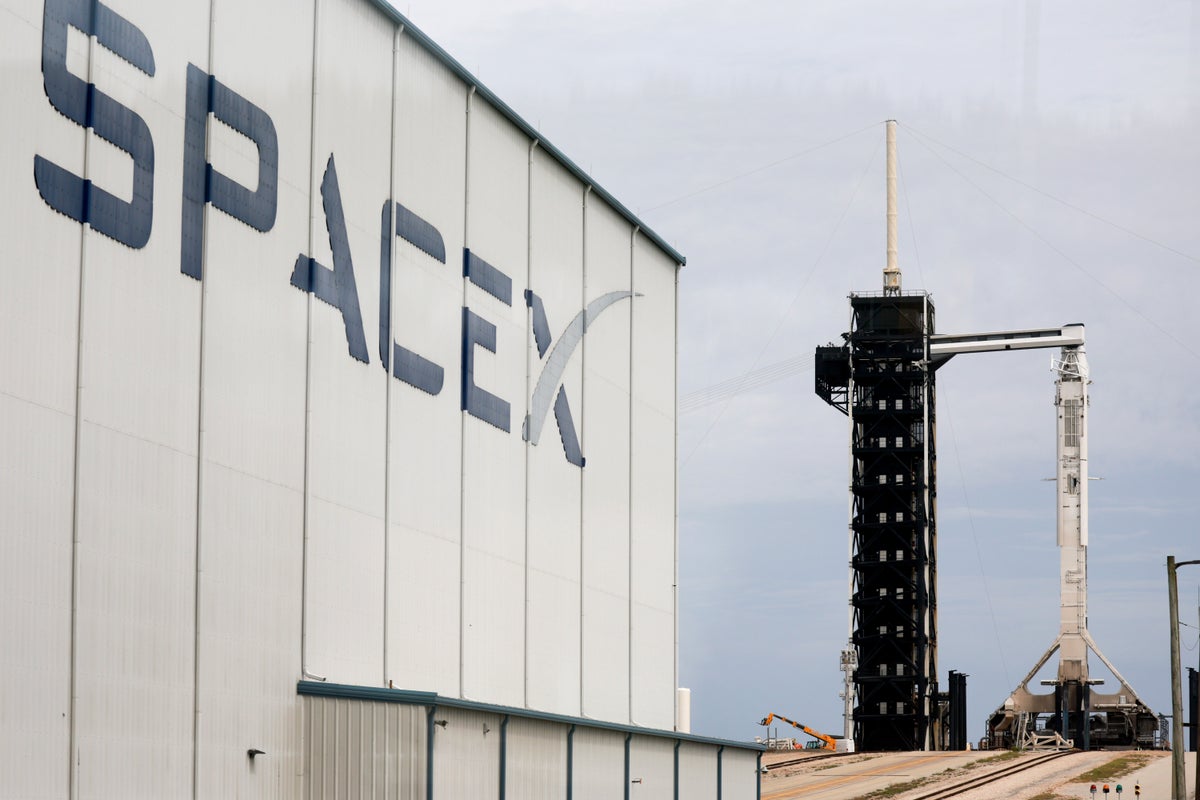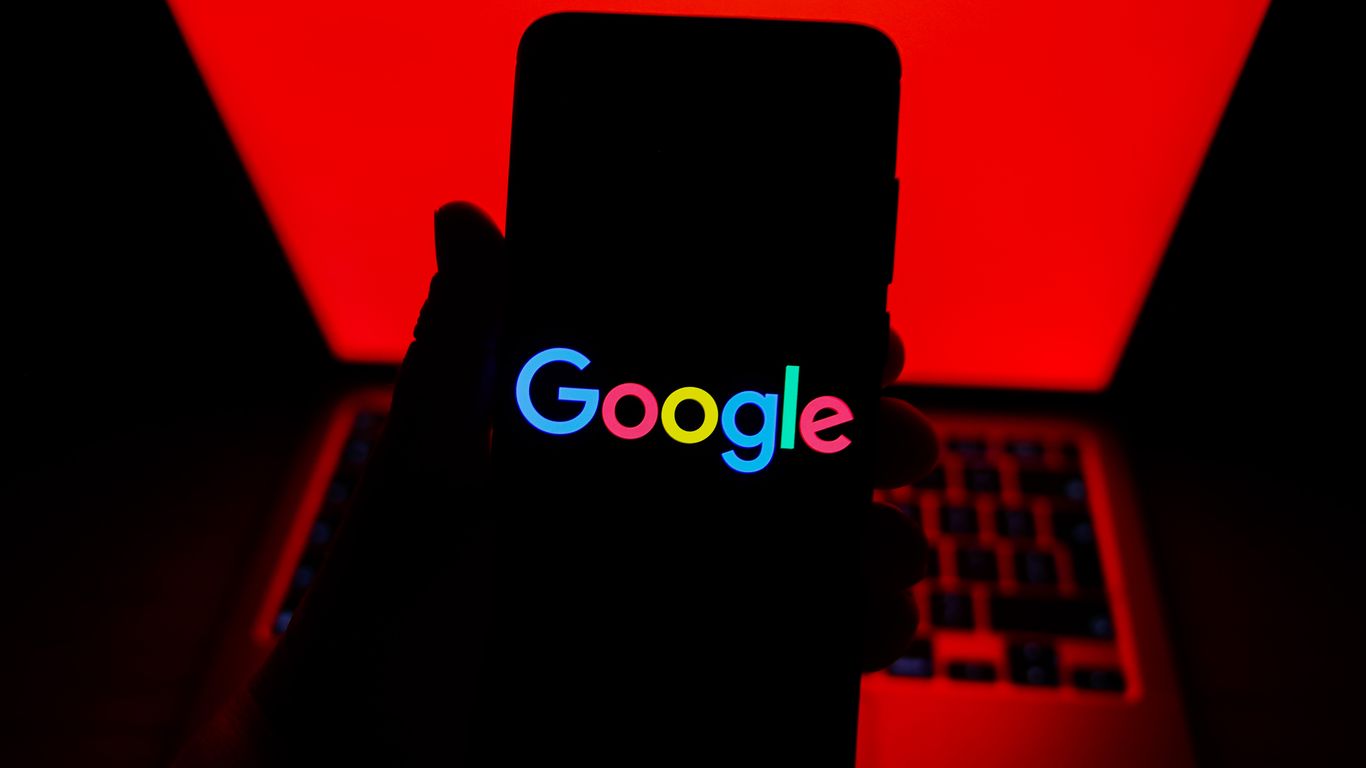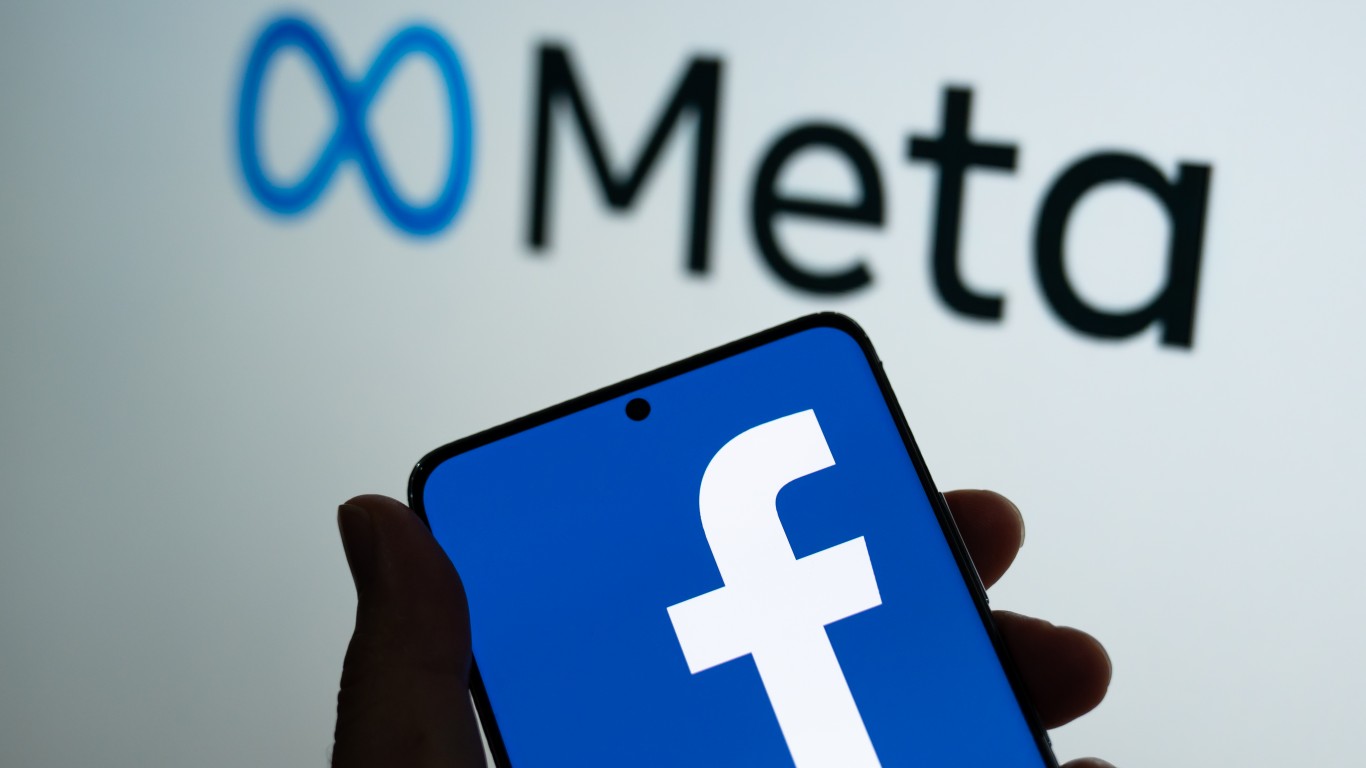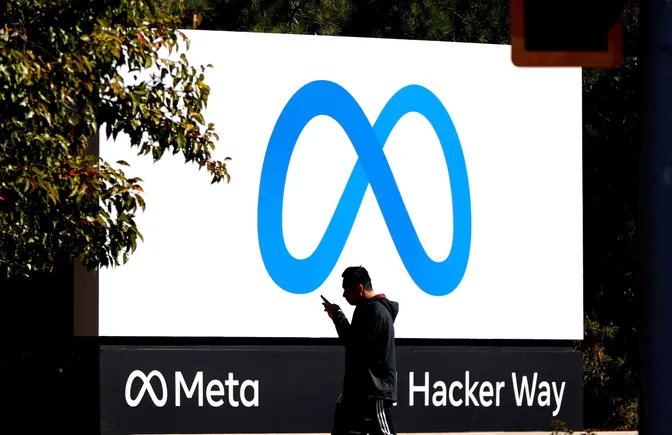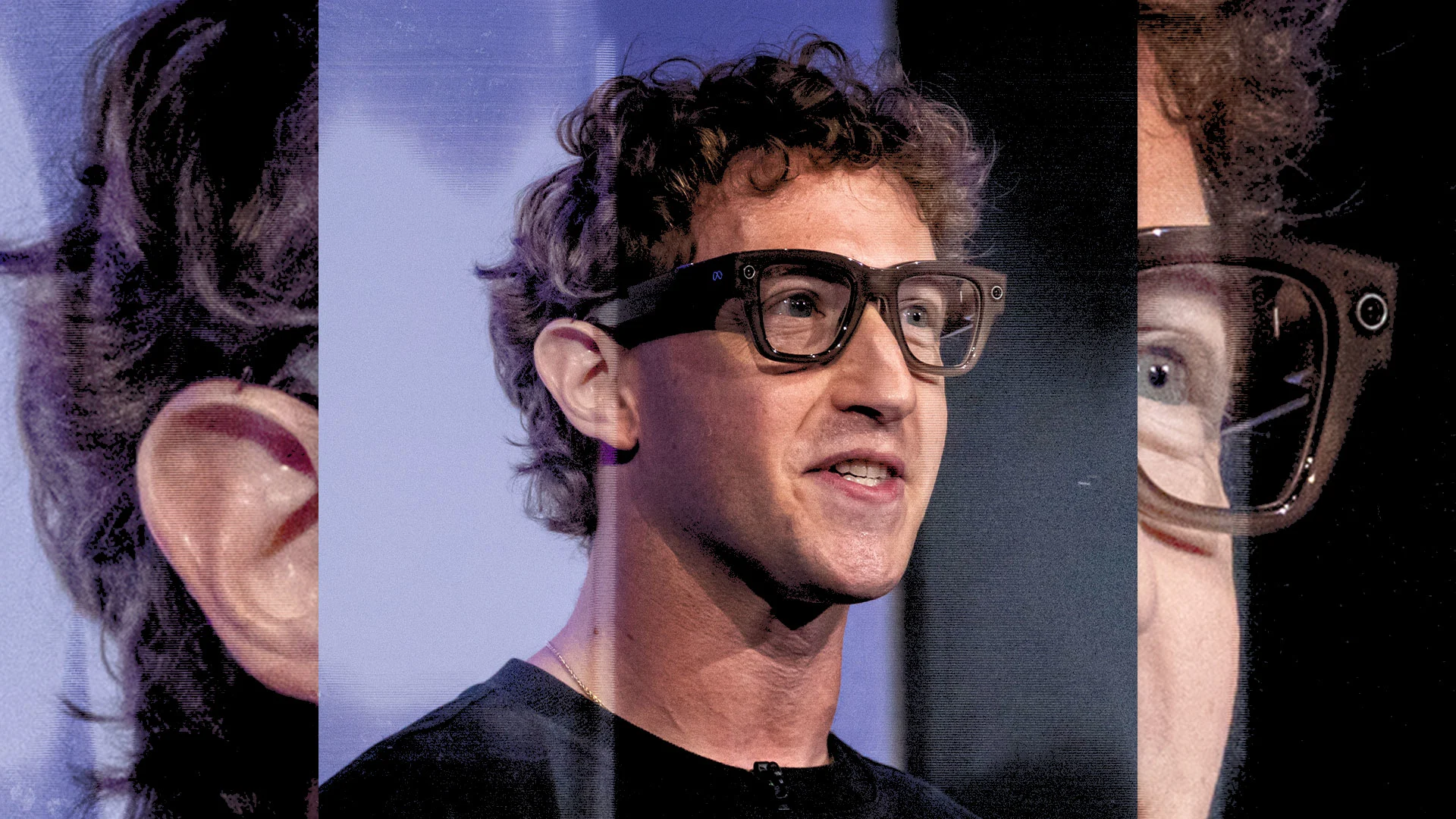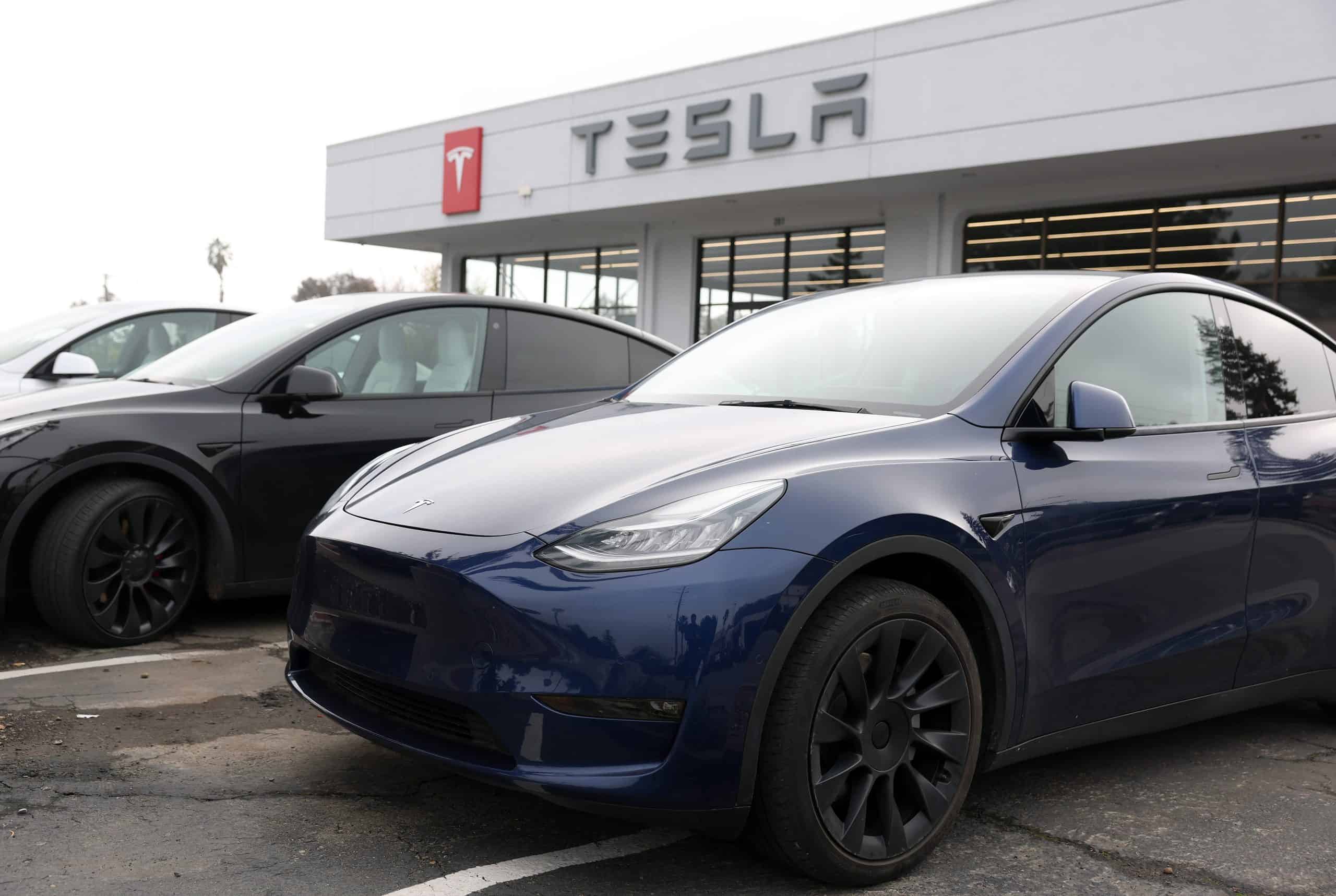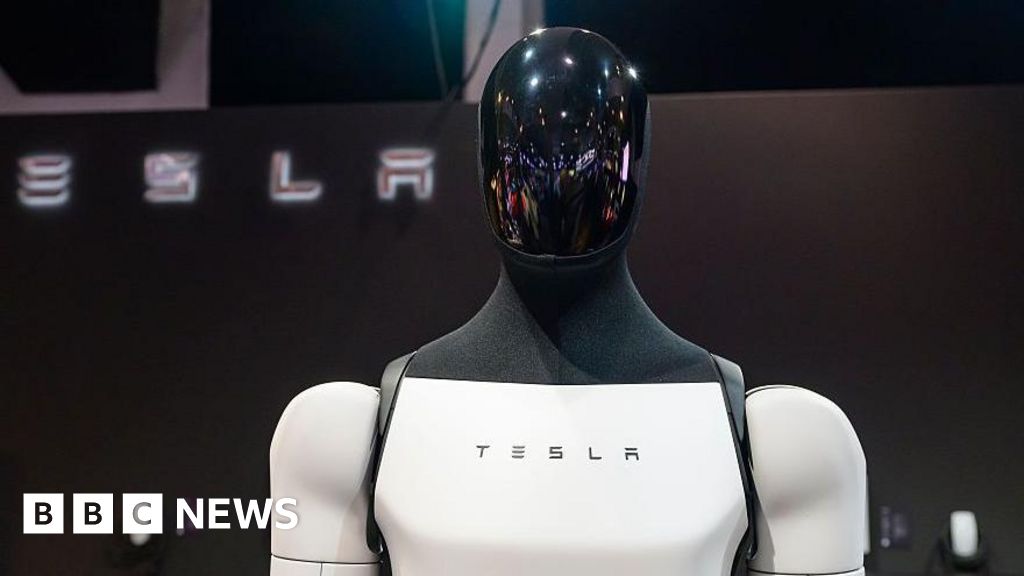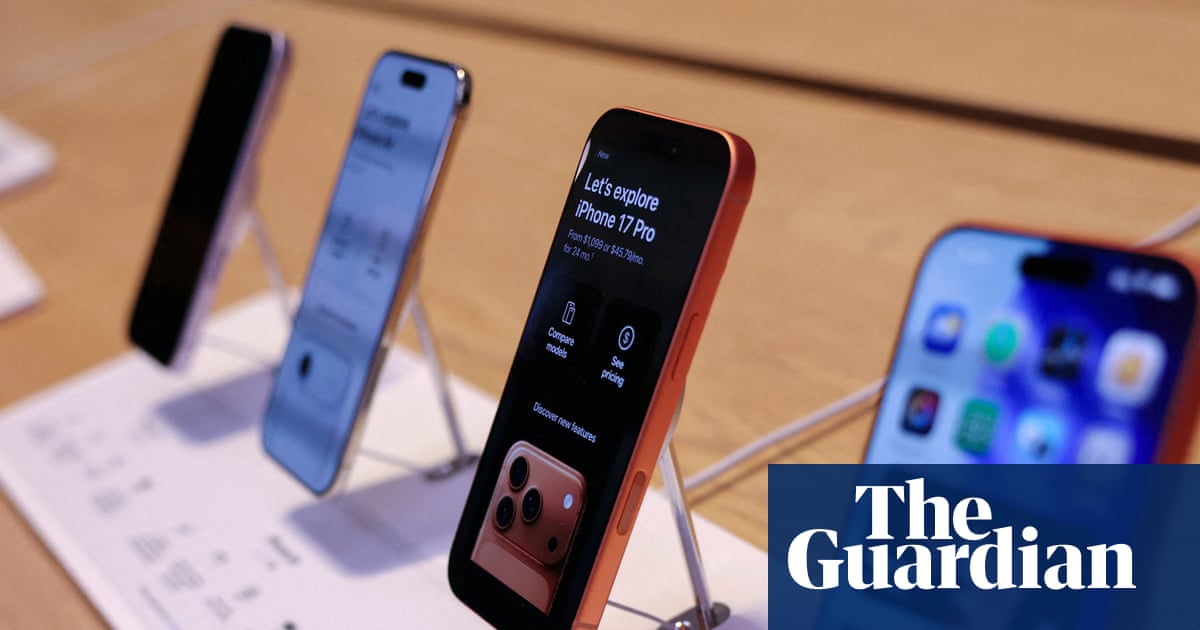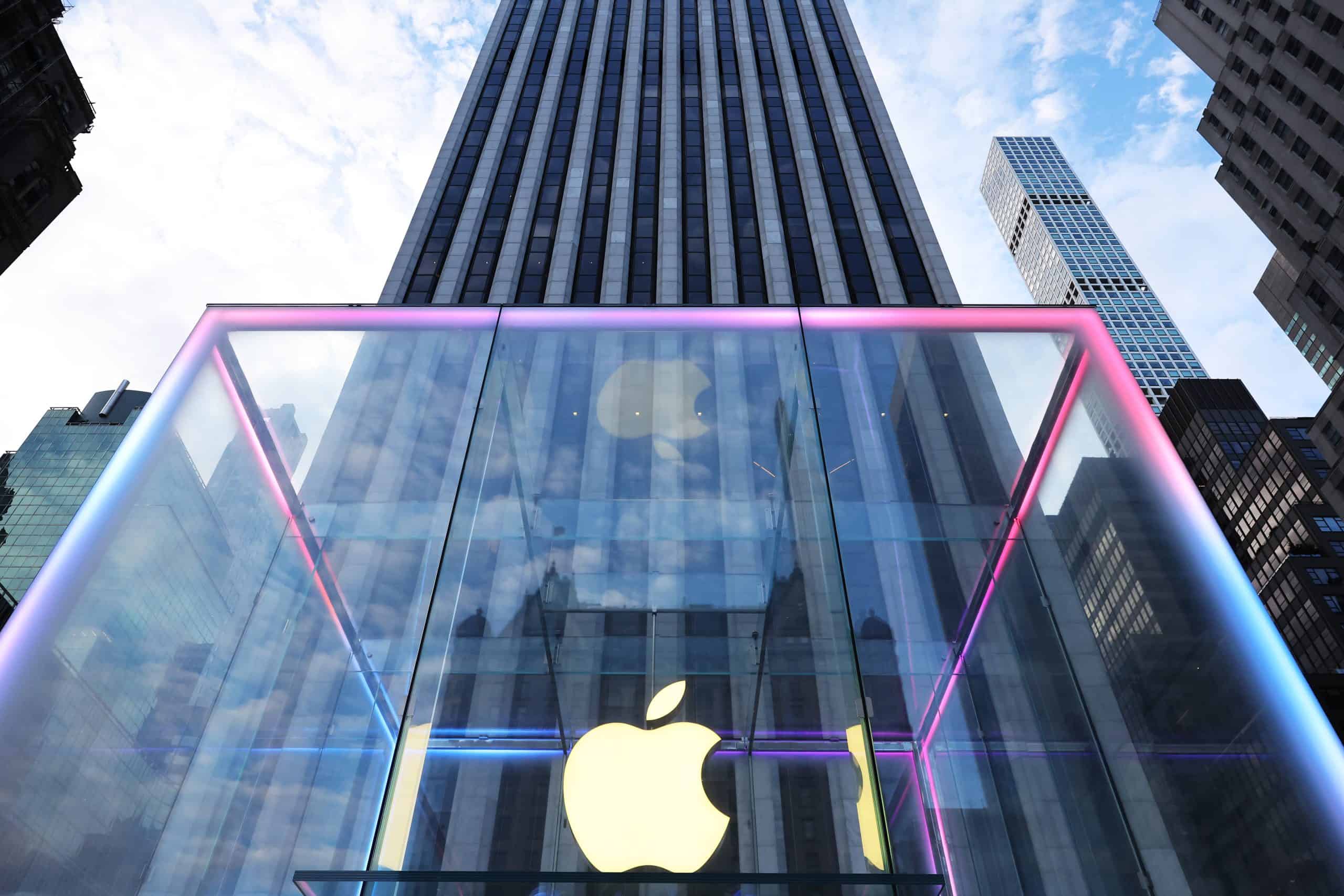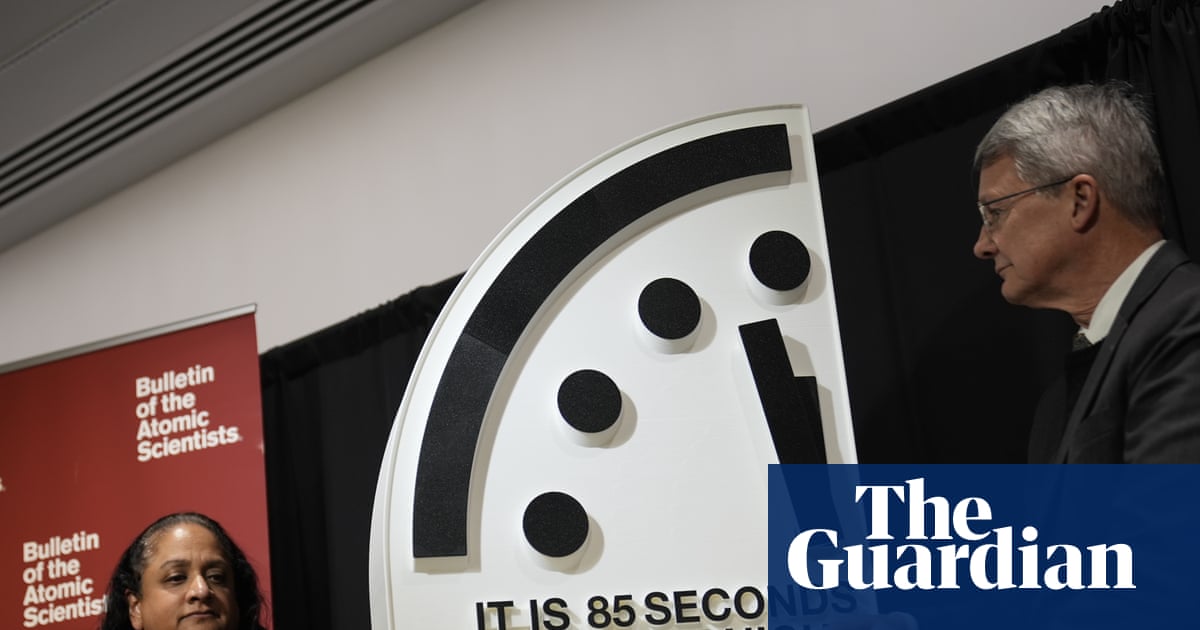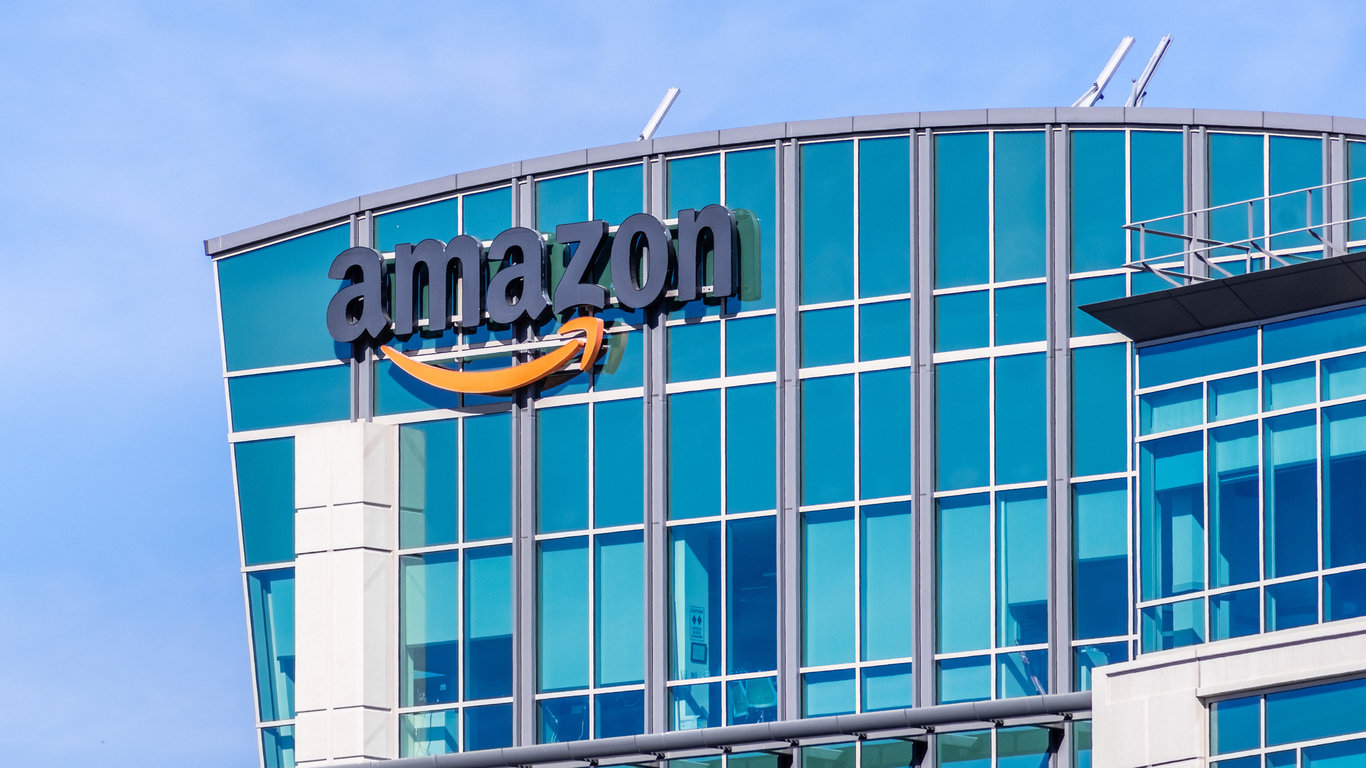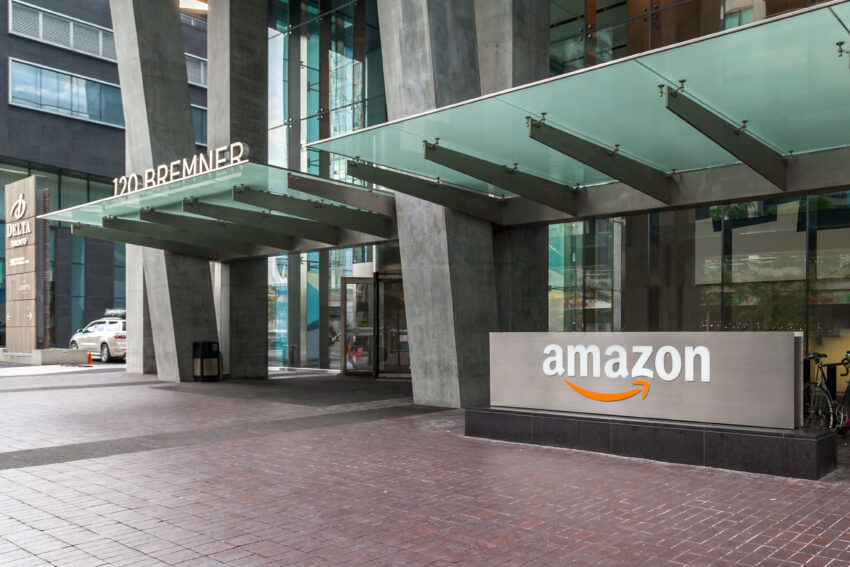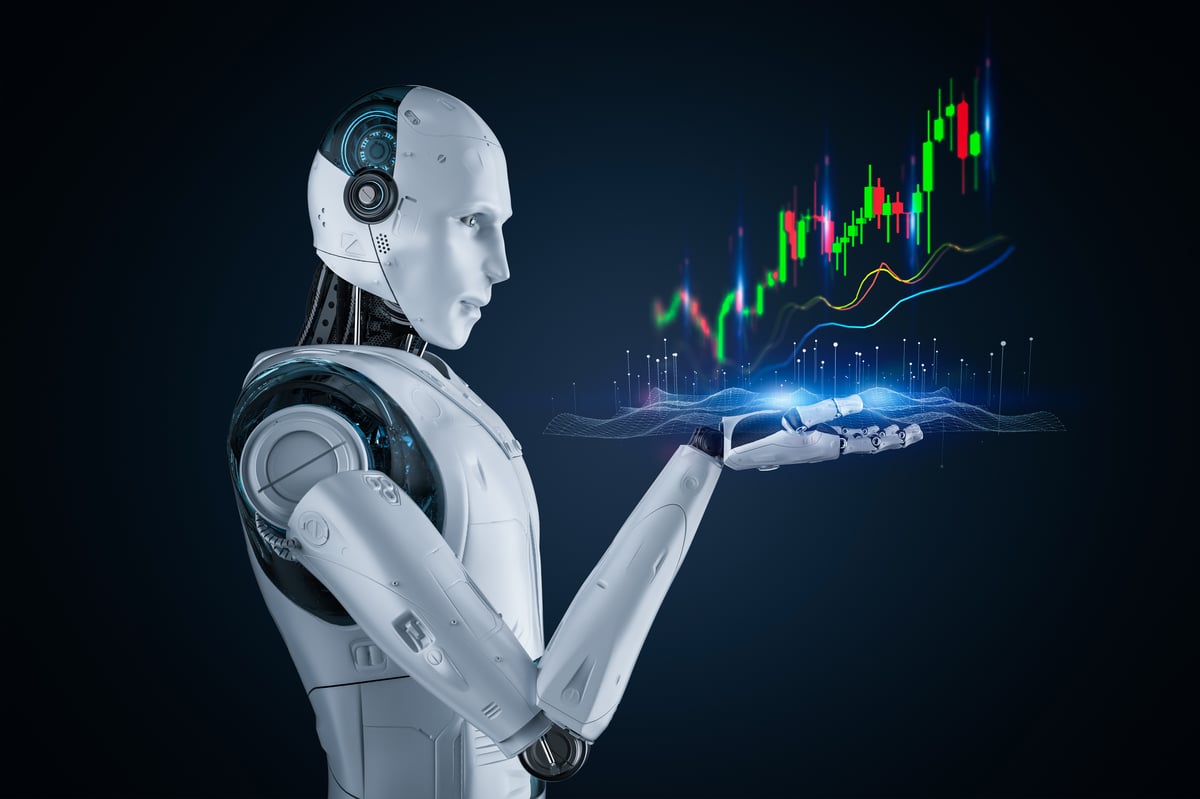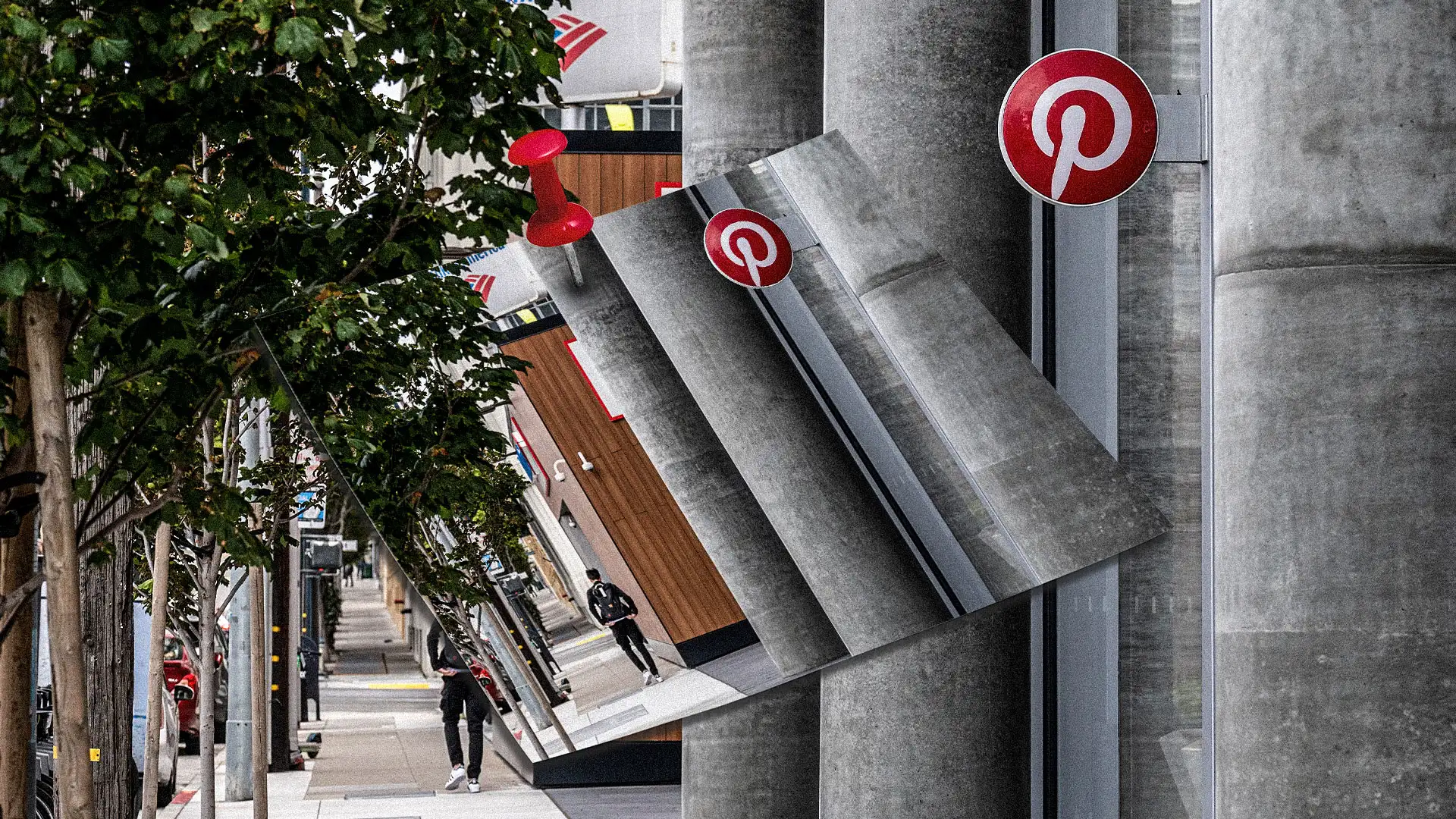#artificial-intelligence
#artificial-intelligence
[ follow ]
#layoffs #meta-platforms #pinterest #tesla #meta #doomsday-clock #spacex #xai #nuclear-risk #climate-change #earnings
fromThe Drum
17 hours agoIs Baidu's technology bet making it less relevant to marketers?
Baidu has reportedly invested 20 billion RMB ($2.9 billion) in research and development in recent years, with the majority of this money going to AI. Last year alone, Baidu allocated $200 million to AI and AR development through its Baidu Research arm, which includes dedicated research divisions the Big Data Lab, Silicon Valley Lab, Institute of Deep Learning, and the Augmented Reality Lab, which it launched in February.
Artificial intelligence
fromwww.alleywatch.com
20 hours agoThe 12 Largest NYC Tech Startup Funding Rounds of January 2026
Looking at the largest NYC startup funding rounds from January 2026, leveraging data from CrunchBase, we've analyzed the most significant venture capital deals that kicked off the new year in New York's tech ecosystem. This month's analysis provides comprehensive insights into each company's industry focus, founding team, business model, investor relationships, and total funding history, offering deeper context about the NYC-based ventures that attracted the largest investments as we enter 2026.
Venture
fromThe Atlantic
2 days agoCan Deadbots Make Grief Obsolete?
When Justin Harrison got the call in 2022 telling him that his mother would likely die within the day, he didn't panic. He got on a plane to Singapore, where he was scheduled to present at a conference about his start-up, You, Only Virtual, a platform on which users can chat with AI versions of their dead loved ones, and which Justin believes can ultimately eliminate grief as a human experience. He learned about his mother's death while flying over the Pacific.
Mental health
fromwww.cbc.ca
3 days agoAI, data centre companies will have to compete for electricity in B.C. | CBC News
The competitive bid process, which launched Friday, will allow B.C. Hydro to manage the grid appropriately when it comes to the fast growing high-load sectors including AI and data centres, according to Energy Minister Adrian Dix at a news conference Friday. Charlotte Mitha, B.C. Hydro's president and CEO, said that without a structured process, the power utility could easily be overwhelmed by power-intensive requests from AI and data centres.
Canada news
fromYanko Design - Modern Industrial Design News
3 days agoMeta Misread the Future Twice. Now They're Sitting on a Golden Egg, But Don't Know It - Yanko Design
Mark Zuckerberg changed his company's name to Meta in October 2021 because he believed the future was virtual. Not just sort-of virtual, like Instagram filters or Zoom calls, but capital-V Virtual: immersive 3D worlds where you'd work, socialize, and live a parallel digital life through a VR headset. Four years and roughly $70 billion in cumulative Reality Labs losses later, Meta is quietly dismantling that vision.
Tech industry
Film
fromABC7 Los Angeles
3 days agoSUNDANCE SURPRISE! Joseph Gordon-Levitt greets long-time collaborator and speaks on Ai in Hollywood
Joseph Gordon-Levitt supported Noah Segan at Sundance, celebrated a legacy screening for Mysterious Skin, and warned about the need for ethical guardrails and compensation around AI in filmmaking.
Venture
fromEntrepreneur
3 days agoHow AI Will Help Decide the Way Private Equity Firms Invest
Artificial intelligence and data science are redefining private equity investment skill, creating compounding, consistency-driven competitive advantages that punish late adopters and require process redesign.
fromBusiness Insider
4 days agoMarc Andreessen says the real crisis isn't AI job losses - it's what would have happened without AI
Worried that AI will take your job? Marc Andreessen isn't. The venture capitalist and cofounder of Andreessen Horowitz says the loudest fear around artificial intelligence - that it will wipe out jobs - is aimed at the wrong problem.
Venture
fromTechzine Global
4 days ago95-year-old Atos brand Bull returns
Bull has been officially launched as an independent brand for high-performance computing, artificial intelligence, and quantum computing. The historic technology brand, which has been part of Atos for many years, is making a comeback. The reintroduction of Bull, originally founded in 1931 to manufacture tabulating machines, comes after the signing of a share purchase agreement with the French state on July 31, 2025.
Miscellaneous
fromBusiness Insider
4 days agoData centers power Blackstone's $1.3 trillion investment empire
The Wall Street investment giant reported that QTS, the data center developer and operator it took private in 2021, was the single largest driver of gains in the company's $1.3 trillion portfolio in 2025. The results were a clear sign that Blackstone's bets on digital infrastructure amid the artificial intelligence boom have reaped returns as other segments of its business, including real estate and private credit, have run into headwinds.
Real estate
Artificial intelligence
fromwww.aljazeera.com
4 days agoAirports embrace AI to manage growing global passenger traffic
Airports deploy AI across passenger flow, baggage, maintenance, biometrics and cybersecurity to improve efficiency, predict congestion, and enhance customer experience amid rising passenger volumes.
from3 Quarks Daily
5 days agoA Trustworthy Remedy in the Google Ad Tech Trial - 3 Quarks Daily
While we are waiting for the final decision from Judge Leonie Brinkema of the U.S. District Court for Eastern Virginia, I want to present some thoughts on the least resolved of the case's many issues, the hard parts the judge will be pondering. Actually, one hard part: trust. But I need to tell you a little about the case to make the trust issue clear.
US news
Artificial intelligence
from24/7 Wall St.
5 days agoMicrosoft (NASDAQ: MSFT) Stock Price Prediction for 2026: Where Will It Be in 1 Year
Microsoft retains AI and cloud leadership and strong financial resources despite recent stock volatility and workforce reductions, supporting long-term growth prospects.
Higher education
fromInside Higher Ed | Higher Education News, Events and Jobs
5 days agoUC Davis Receives $120M Gift for Veterinary Medicine
Joan and Sanford Weill donated $120 million to UC Davis to expand veterinary care, build a small animal teaching hospital, and fund cross-species health research.
fromABA Journal
6 days agoFirms may have to embrace changes in billing methods to succeed, new report says
This may be the last year that law firms can expect billing rate increases to drive financial stability, according to a new survey of more than 800 senior finance and legal professionals in large firms across North America, the United Kingdom and Ireland. Technology company BigHand's 2026 finance report suggests that firms can no longer rely on traditional measures of profitability, as clients are demanding more efficiency and predictability amid the increased adoption of artificial intelligence across the legal profession, according to Law.com.
Business
Intellectual property law
fromIPWatchdog.com | Patents & Intellectual Property Law
6 days agoDOJ Urges Supreme Court to Deny Cert in Thaler's Latest Bid to Copyright Work Created by AI
DOJ urged Supreme Court to deny AI-authored copyright; courts and Copyright Office held that copyright requires a human author and machines cannot own property.
Artificial intelligence
fromBusiness Matters
6 days agoRogo opens London office following $75 million Series C funding as AI demand surges across European finance
Rogo opened its first international office in London to expand into Europe and support enterprise-grade AI deployments across the financial sector.
fromThe Verge
6 days agoSnap is turning its smart glasses team into its own company
Establishing Specs Inc. as a wholly-owned subsidiary provides greater operational focus and alignment, enables new partnerships and capital flexibility including the potential for minority investment, allows us to grow a distinct brand, and supports clearer valuation of the business,
Gadgets
fromPoynter
6 days agoPoynter welcomes six new members to its National Advisory Board - Poynter
ST. PETERSBURG, Fla. (January 28, 2026) - Poynter, a global leader in journalism, is pleased to welcome six new members to its National Advisory Board. The board brings together experienced leaders who offer strategic insight and fresh perspectives to support Poynter's mission of strengthening journalism in service to democracy, public trust and truth. The new members are: Katie den Daas, senior vice president of global newsgathering, ABC News Julie Pace, senior vice president and executive editor of The Associated Press Hari Sreenivasan, journalist and a host of "Amanpour and Company" Bala Sundaramoorthy, president and chief operating officer of Times Publishing Company Wendi C. Thomas, f ounder and investigative editor of MLK50: Justice Through Journalism Jessica Yellin, founder of News Not Noise and former White House correspondent
Media industry
Brooklyn
fromBrooklyn Paper
6 days agoGov. Hochul touts Radical AI's first-in-New York autonomous materials science lab at Brooklyn Navy Yard * Brooklyn Paper
Radical AI will open New York’s first fully autonomous materials science lab at the Brooklyn Navy Yard, creating 115 jobs and accelerating materials discovery.
Information security
fromSecurityWeek
1 week agoCyber Insights 2026: Quantum Computing and the Potential Synergy With Advanced AI
Powerful quantum computers, potentially accelerated and automated by advanced AI, will break current public-key encryption, prompting harvest-now-decrypt-later threats and urgent cryptographic migration.
[ Load more ]


